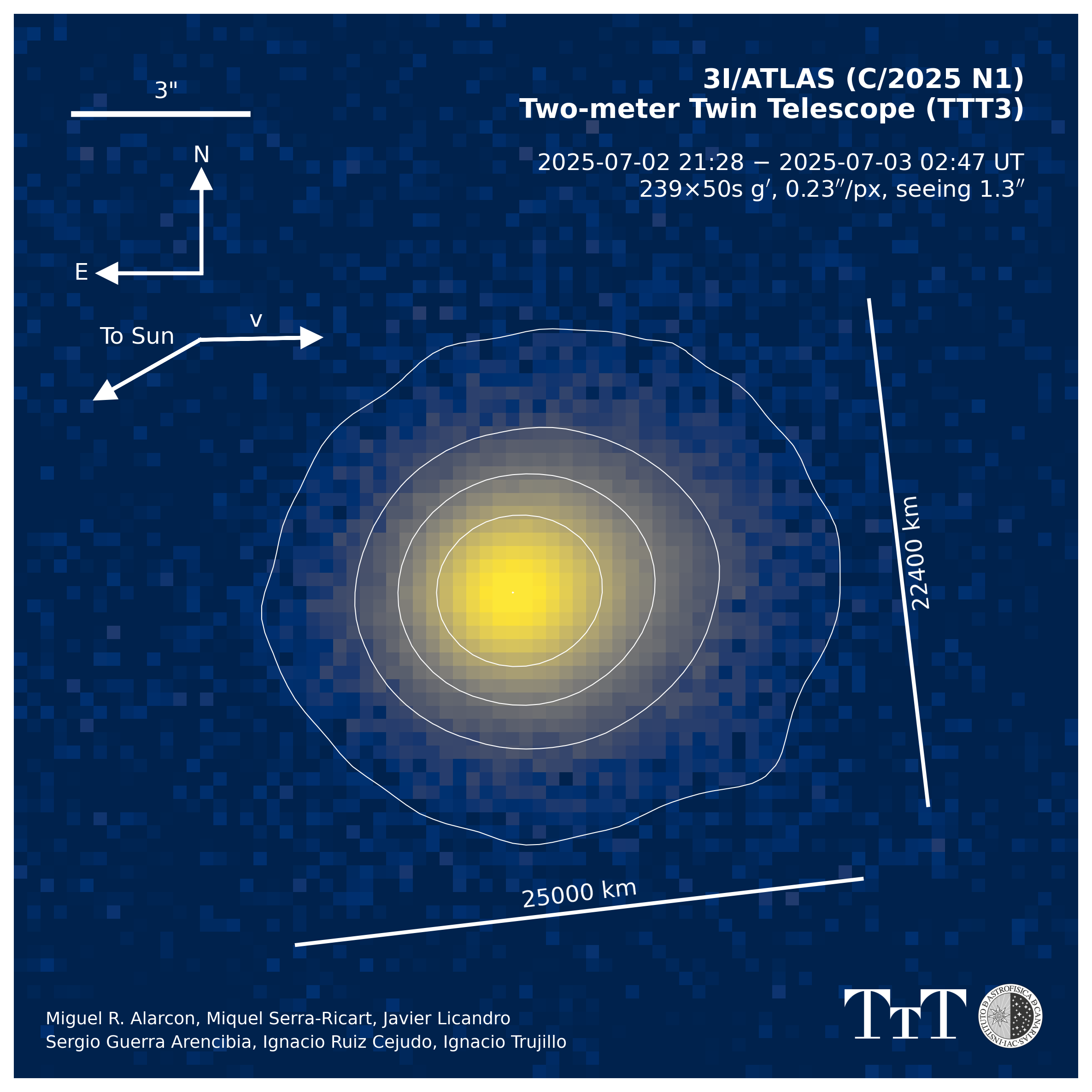
Jason Wright
@Astro_Wright
Professor of Astronomy and Astrophysics at Penn State. Son, husband, father, scientist, teacher, student, human, Earthling. Mostly posting astronomy. Mostly.
Astronomy books for age 0–∞ sites.psu.edu/kregenow/books/

Absracts for PSETI due May 31st - this is always a fascinating meeting!! #SETI sites.psu.edu/setisymposium2…
Not sure if anyone will see this here, but I wrote up some thoughts about 3I/ATLAS and Avi's latest claims at the other place: bsky.app/profile/astrow…
Hey, @adsabs, is there a way to get an ADS entry to the preprint for a published paper? For instance if we want to generate a citation for the preprint specifically?
We are excited to announce registration and abstract submission for talks, posters, and breakout sessions are now open for the 2025 SETI Symposium at Penn State, August 18-21, 2025! sites.psu.edu/setisymposium2…
Had a lovely time talking about gravitational waves over booze and wings as part of Astronomy on Tap! It was a privilege to share the stage with the amazing @Astro_Wright, and a pleasant surprise to boss Astro trivia 😅
Did not have "promoting Mars Sample Return on Fox and Friends" on my bingo card for today. Audio is awful and they segued into UFOs but I think my appearance went OK! foxnews.com/video/63689515…
This was a collaborative effort between @jmacalad, @AdamFrank4, and @Astro_Wright, and started as a series of conversations at the @PSETI_Center.
The hard-steps model predicts that human-like intelligence is unlikely to evolve in the time given to planets like Earth. In our new paper in @ScienceAdvances, we reassess the foundational logic of this model: science.org/doi/10.1126/sc…
Also happy to share the The Conversation article @jmacalad, @Astro_Wright, and I wrote summarizing our new paper.
Evolving intelligent life took billions of years − but it may not have been as unlikely as many scientists predicted theconversation.com/evolving-intel…
Holy cow! The New Yorker just published a very nice review of my book, Mixed Signals. newyorker.com/books/under-re…
⚠️New paper!⚠️ We have discovered a planet, Gaia-4b, and a brown dwarf, Gaia-5b, using the @ESAGaia spacecraft. Gaia-4b is Gaia's first planet detected with astrometry alone and represents the tip-of-the-iceberg of the 100s-1000s of planets that Gaia is expected to detect.
